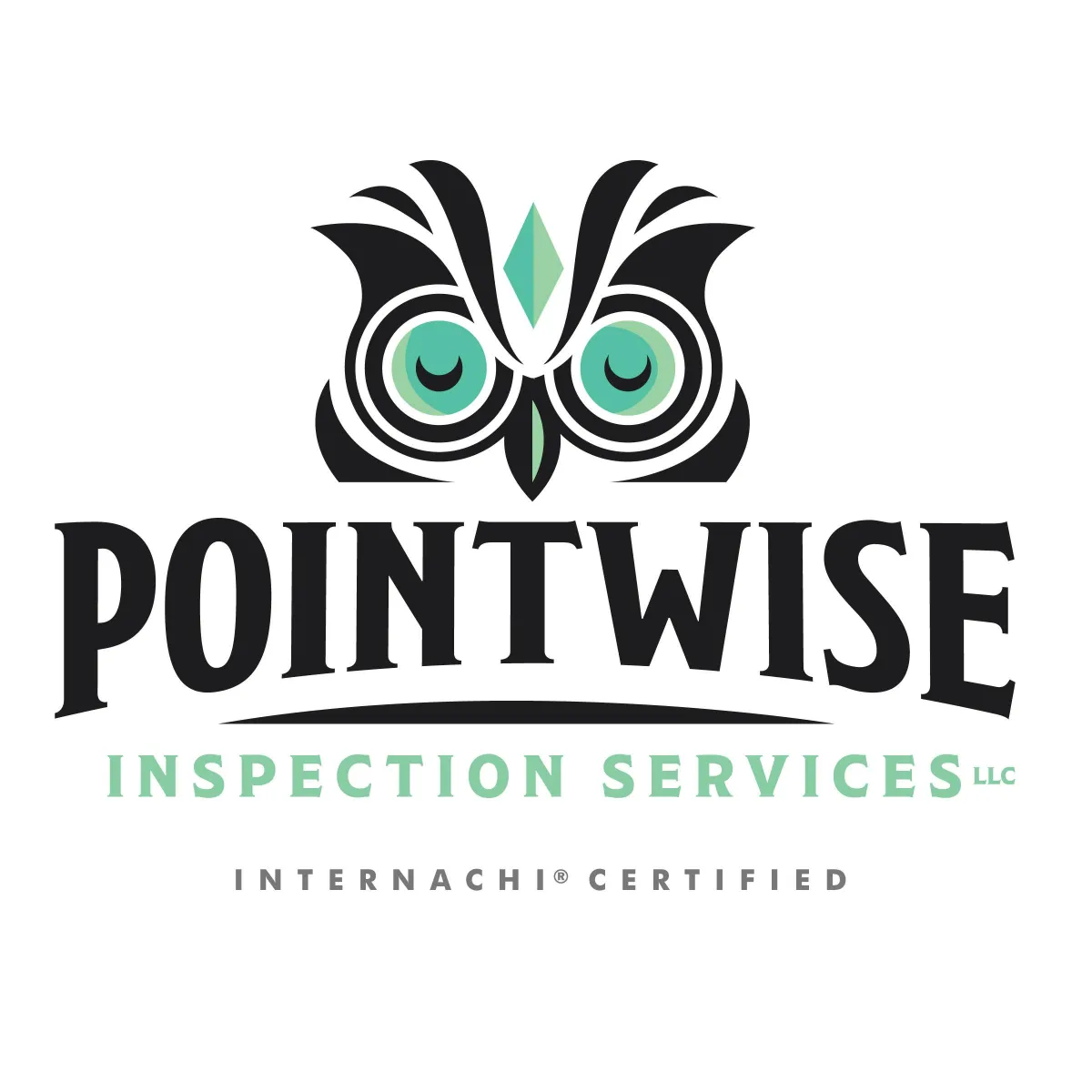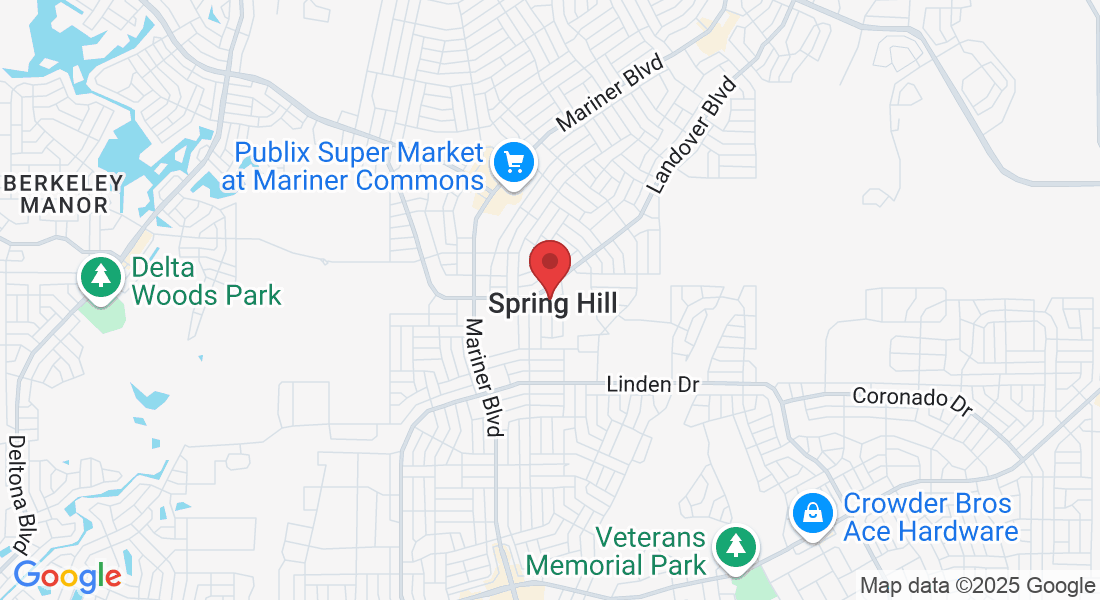4-Point Home Inspections in Florida
What is a 4-Point Inspection and Why is it Needed?
A 4-point inspection is often required by insurance companies when insuring homes that are 20 years or older. This targeted inspection focuses on the four major systems that pose the greatest risk to insurers: the roof, electrical, plumbing, and HVAC systems.
Unlike a full home inspection, a 4-point inspection is not meant to evaluate the overall condition of a home—it’s designed specifically to assess whether these systems are safe and in working order. Without it, many insurance carriers won’t bind or renew coverage.
What’s Included in a 4-Point Inspection?
Here’s what we evaluate during a 4-point inspection:
Roof: Type of roofing material, estimated age, signs of damage, visible leaks, and overall condition.
Electrical System: Panel brand/type, wiring type (aluminum, cloth, copper), presence of hazards like double taps or recalled panels.
Plumbing System: Type of piping (e.g., copper, CPVC, polybutylene), age of water heater, and any signs of active leaks or corrosion.
HVAC (Heating & Cooling): Age and condition of the A/C system, heater type, visible duct issues, and whether the system is functioning.
Photos and notes are provided to document the condition of each component clearly for insurance underwriting.
Who needs a 4-Point Inspection?
You should consider scheduling a 4-point inspection if:
You’re purchasing an older home in Florida
Your insurance company has requested it before issuing or renewing a policy
You’re helping a client as a real estate agent and need a quick, compliant report
It’s a must-have for homes typically 30 years or older, or for those with unknown system ages.
Insurance and 4-Point Inspection Reports
Florida insurers use the 4-point inspection to assess the potential risk of a claim. If any of the systems are outdated, damaged, or unsafe, the carrier might deny coverage or require repairs before issuing a policy.
That’s why accuracy matters. Our reports are completed by licensed professionals and formatted to meet Florida insurance guidelines—including photos, age estimates, and system status.
How to Prepare For The Inspection
Make the inspection smoother by ensuring clear access to:
Electrical panel boxes
Attic (if applicable)
HVAC system (both indoor and outdoor units)
Water heater
Crawlspaces or areas with visible plumbing
Pro tip: Have any recent repair documentation handy. This can help clarify updates and potentially avoid insurer concerns.
Sample Issues That Could Be Flagged
Here are some common red flags that might appear in a 4-point inspection:
Roof: Active leaks, brittle shingles, or a roof beyond its expected life
Electrical: Outdated panels like Zinsco or Federal Pacific, aluminum branch wiring, or cloth insulation
Plumbing: Polybutylene piping, corroded or leaking pipes, water heaters over 20 years old
HVAC: Non-functional A/C or heating units, exposed wiring, or duct damage
Finding an issue doesn’t mean you’re out of luck—just that insurers may require it to be addressed before coverage.
Our Florida Service Area
We proudly serve homeowners and real estate professionals throughout West Central Florida and the Nature Coast, including:
Hernando County (Spring Hill, Brooksville, Weeki Wachee)
Pasco County (New Port Richey, Wesley Chapel)
Citrus County (Inverness, Crystal River)
Get In Touch
Address: 2173 Danforth Rd, Spring Hill Florida 34608
Email: [email protected]
Hours of Operation:
Mon - Sat 8am to 6pm
Sunday – Closed

